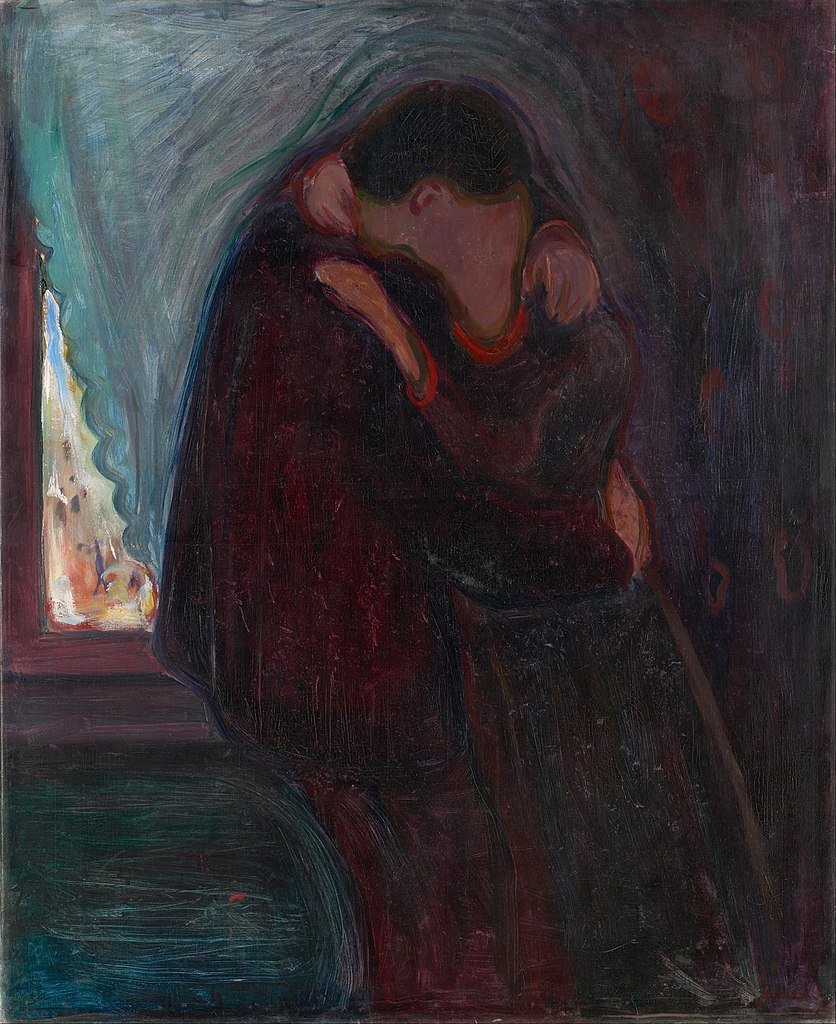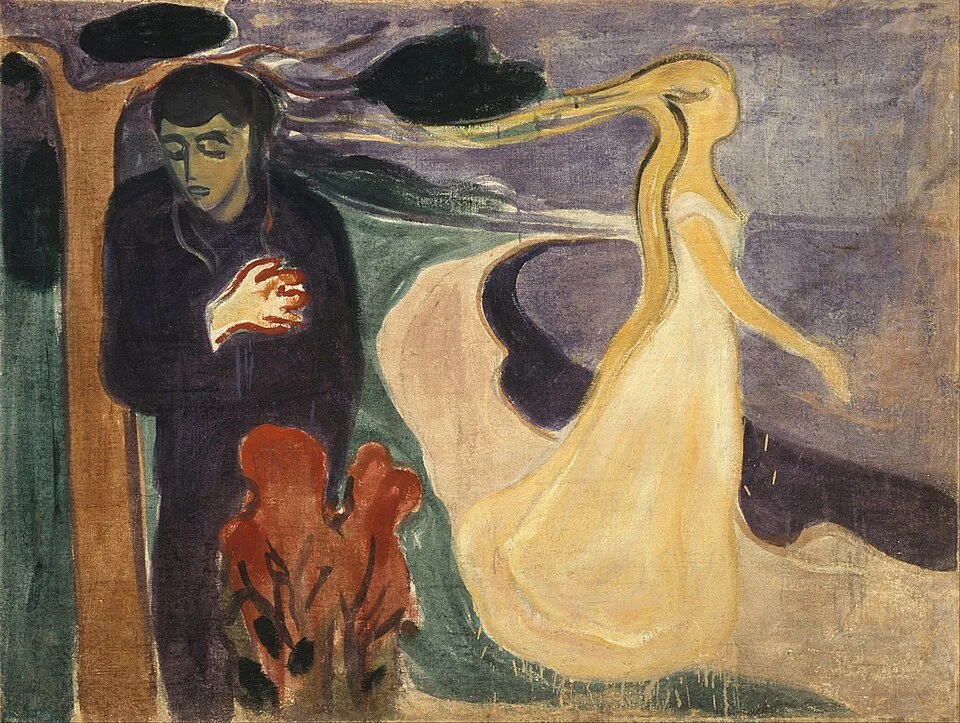Memory and the illusion of time in Milan Kundera’s novels
Milan Kundera is a brilliant Franco-Czech novelist who explores love, desire, eternity, meaning, and identity in his works. One of his most commonly recurring ideas is about the passage of time—particularly in his novel Ignorance, where Kundera offers extremely unique yet apt ways of capturing our experience of time, memory, and nostalgia.
For example, in Ignorance he writes how becoming an adult “means becoming a person who is acquainted with time.” Through his exploration of time and memory, Kundera reveals how our identities are shaped by what we remember and what we forget.
He shows us that memory is an active force that distorts, preserves, and ultimately shapes our experience of time—especially in moments of love, loss, and change.
Love, loss, and our changing perception of time
There are three components to time: the past, the present, and the future. When you’re young, your perception of time is concentrated in the present. For the most part, the past doesn’t hold much weight (since you haven’t been alive for very long), the present moves quickly, and the future is a well of opportunity.
This is also the case when you’re in love—you live entirely in the present. As Kundera writes, “Love is the glorification of the present.”
But when you experience loss or heartbreak, the poles of time upend. The glorified present disappears as the person you lost moves into the past, which is now unreachable. And the future becomes something to dread. Kundera writes:
“Now time has a very different look; it is no longer the conquering present capturing the future; it is the present conquered and captured and carried off by the past.”
While time appears linear, it’s ultimately determined by our fickle perception.
The entrance into adulthood
In Ignorance, Kundera describes how becoming an adult means experiencing a delineation in time. You realize that the past is irretrievable and thus distinct. In other words, a pivotal event—like loss or grief—forever alters your perception and identity such that you can’t return to your prior state of mind.
For example, if you picture your life on a timeline, you now have a marker on that line, separating who you are from who you were then. Kundera writes of a character in Ignorance who experiences heartbreak for the first time:
“She has the sense of emerging from adolescence because of it, of becoming mature, adult, which for her means becoming a person who is acquainted with time, who has left a fragment of life behind her and can turn to look back at it.”
But interestingly, with the past cemented, we begin to seek opportunities to relive those moments which are now unattainable. We look for echoes—repeated words or phrases, similar sights or places—not just as reminders that those experiences existed, but to try to bring them into the present.
“From then on she succumbs to the charm of these affinities, these furtive contacts between present and past; she seeks out these echoes, these co-respondences, these co-resonances that make her feel the distance between what was and what is, the temporal dimension (so new, so astonishing) of her life.” — Milan Kundera, Ignorance
In this way, we don’t just relive old moments, we also seek to give them a future.
***
For a brief interlude…check out these articles for more insights + subscribe to my newsletter:
The mathematical formula for memory
Even though time appears linear, it’s distorted by our memories. As we age, we remember less of our lives—partly because there’s more to remember, and partly because our capacity for memory decreases.
Maybe that’s one of the reasons why everything feels more acute when we’re young. It’s harder to let go of grudges, harder to forgive and move on, because we remember more fully and clearly.
Kundera quantifies our capacity for memory:
“Memory cannot be understood, either, without a mathematical approach. The fundamental given is the ratio between the amount of time in the lived life and the amount of time from that life that is stored in memory [...] without much risk of error I could assume that the memory retains no more than a millionth, a hundred-millionth, in short an utterly infinitesimal bit of the lived life..”
As time goes on, we retain an even smaller portion of our lives in memory. But this is part of what makes us human. Our imperfect memories are essential; if we remembered everything perfectly, it would be nearly impossible to forgive.
“If someone could retain in his memory everything he had experienced, if he could at any time call up any fragment of his past, he would be nothing like human beings: neither his loves nor his friendships nor his angers nor his capacity to forgive or avenge would resemble ours.” — Milan Kundera, Ignorance
The pain of mismatched memories and the illusion of time
Not only do we remember an infinitesimally small portion of our lives, but everyone has different memories—even from the same experiences.
“The same recollections? That’s where the misunderstanding starts: they don’t have the same recollections; each of them retains two or three small scenes from the past, but each has his own; their recollections are not similar; they don’t intersect.” — Milan Kundera, Ignorance
And this is the sad part: what’s meaningful to one person is often unintentionally forgotten by another. This is especially painful in the wake of heartbreak, where one party is haunted by vivid recollections while the other forgets them effortlessly.
As Kundera writes:
“Even in terms of quantity they are not comparable: one person remembers the other more than he is remembered; first because memory capacity varies among individuals… but also (and this is the more painful to admit) because they don’t hold the same importance for each other.”
And that’s the strange thing about time. It seems linear, but the past is so compressed by our minds that, in a sense, it’s almost erased.
“He finally wondered: if he were to add up the few recollections he still had from their life together, how much time would they take? A minute? Two minutes? [...] And there lies the horror: the past we remember is devoid of time.”
If you liked this post, check out these:
Nostalgia and the great return: Milan Kundera and the Odyssey
3 reasons time passes so quickly and how to slow it down









